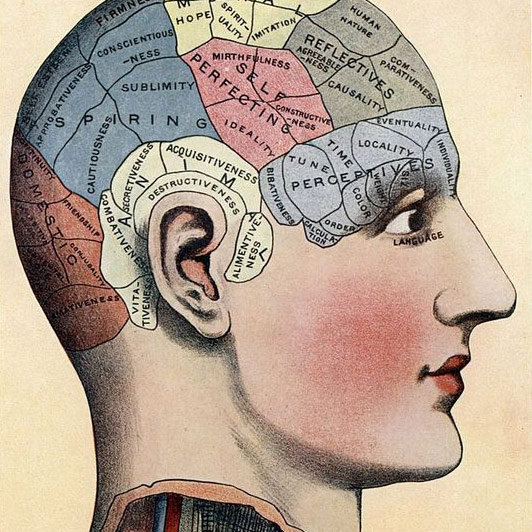
TUESDAY, April 29, 2014 (HealthDay News) — A small study of people who experienced the devastating 2011 earthquake in Japan shows that although traumatic events can shrink parts of the brain, some of those regions can rebound once a person’s self-esteem returns.
“Higher self-esteem is one of the most important traits of resilience in the context of stressful life events,” said study author Atsushi Sekiguchi, who noted that these latest findings also illustrate that brain changes are dynamic and fluid over time.
Sekiguchi’s prior research had already demonstrated that people with lower self-esteem following a traumatic event are likely to experience a quick, short-term drop in the size of their orbitofrontal cortex and hippocampus. The first brain region is involved in decision-making and emotions, while the second area is involved in memory.
But by tracking the same individuals over time, Sekiguchi’s team observed that the “part of the brain volume which had decreased soon after a stressful life event [ultimately] increased, especially in individuals with [renewed] high self-esteem.”
Sekiguchi, from the division of medical neuroimage analysis at Tohoku University in Sendai, Japan, and his team report the findings in the April 29 online edition of Molecular Psychiatry.
To gain insight into how the 2011 earthquake — and ensuing tsunami that heavily damaged several nuclear reactors in northern Japan — affected its victims, the researchers focused on 37 men and women who were about 21 at the time.
All had MRI brain scans right after the earthquake, and then again one year later.
At the same time, the earthquake victims were given psychological assessments to gauge anxiety, depression, low self-esteem and other characteristics of post-traumatic stress disorder (PTSD).
Investigators concluded that none of the patients ever developed full-blown PTSD.
Yet, the group did experience a big dip in self-esteem immediately following the earthquake. And by comparing their brain scans with those of 11 other people taken before the earthquake, the team determined that the loss of self-esteem was accompanied by a downsizing of the brain’s orbitofrontal cortex.
However, one year after the earthquake both self-esteem and brain size had rebounded significantly.
Less hopeful were further observations regarding a part of the brain known as the hippocampus. That region had also decreased in size right after the earthquake, in conjunction with the onset of both depression and anxiety.
But while over the course of the following year depression and anxiety levels neither fell nor rose, the hippocampus continued to shrink.
The team said more research is needed to continue to monitor how brain structure changes play out further down the road.
But Sekiguchi’s team concluded that, at minimum, brain changes related to traumatic events are fluid by nature, moving in one direction or another over time.
Dr. Joe Verghese, a professor of neurology at the Albert Einstein College of Medicine in New York City, expressed little surprise at the findings, while noting that stress can come in different shapes and sizes.
“What’s specifically at issue here is chronic stress due to an acute event, which is a bad thing,” he said.
“And, yes, the brain changes they saw as a result are interesting and make sense because the hippocampus is the seat of memory in the brain, and also has receptors for stress hormones, like cortisol. So, the theory is that if you stimulate these receptors too much they can down-regulate and result in brain shrinkage,” Verghese explained.
“But a little bit of stress is actually good for you,” Verghese suggested. “If you’re studying for an exam, then experiencing some stress is not a bad thing. Otherwise everyone who goes to school would have a shrunken hippocampus.”
More information
Visit the U.S. National Institute of Mental Health for more on stress.
Copyright © 2026 HealthDay. All rights reserved.

